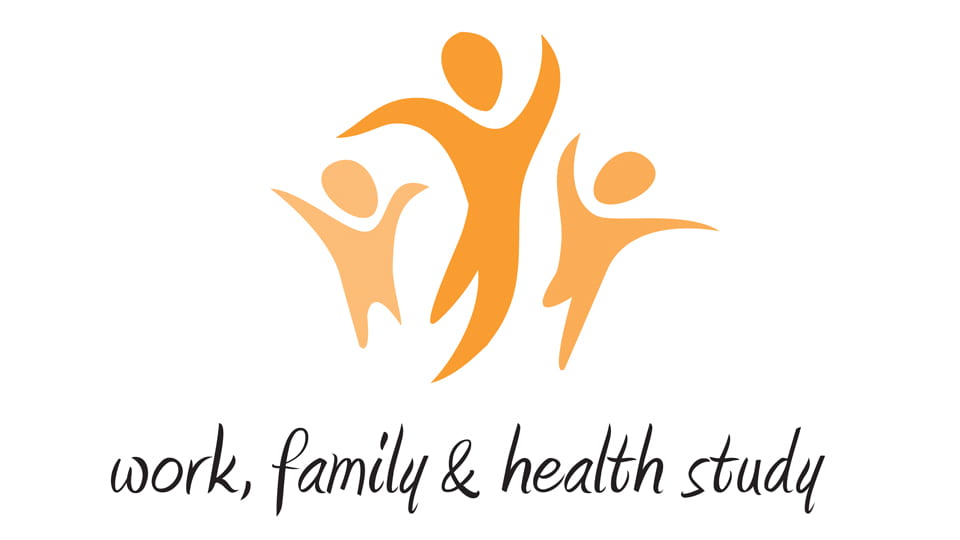Work, Family & Health Study and Network

In 2008, a five-year, multi-site, randomized, controlled trial of a workplace intervention—the Work, Family & Health Study (WFHS)—was launched to explore whether changes made to the work environment itself could have impacts on worker health and well-being, as well as benefit the employer. The WFHS, the most comprehensive evaluation of a work-family intervention undertaken at that time, was conducted by the Work, Family & Health Network (WFHN), an interdisciplinary team of researchers brought together by the National Institutes of Health (NIH) and the Centers for Disease Control and Prevention (CDC), to provide evidence of how workplace practices and policies could impact work, family life, health outcomes, and the employer’s bottom line. The intervention was implemented in two very different work environments (it was rolled out to over 1,000 information technology (IT) professionals, as well as to 700 hourly service workers in 15 long-term health care facilities) and was focused on two elements of workplace change, namely family supportive supervisory behaviors, and employees’ control over when and where they work.
Pilot work had discovered that workers supervised by family-supportive managers were significantly more likely to experience lower levels of work-family conflict, higher job satisfaction, lower intention to change jobs, and higher reports of physical and mental health. In those employees, systolic blood pressure at work was higher than it was when measured at non-work times, and sleep quality was predicted by work-family conflict. The WFHS generated research that sheds light on how work-family conflict can affect people’s sleep, energy levels, blood pressure, and exercise habits, and can even affect parent’s relationships with their children.


The WFHS Data is Available…
The multi-faceted intervention was designed to increase supervisor and coworker support for work-family integration employees’ perception of control over their work time.
All employee and manager participants were assessed at baseline, and at 6–, 12–, and 18–months post baseline. A wide range of measures were collected, including respondents’ social, economic, psychological and physical well-being.
The data documentation, including the survey questions used in the intervention, the code books and Manual of Procedure (MOPs) are available for free download as well.

Download the toolkits used in the WFHS to facilitate workplace change…
Please contact wfhn@hsph.harvard.edu if you have any questions.
